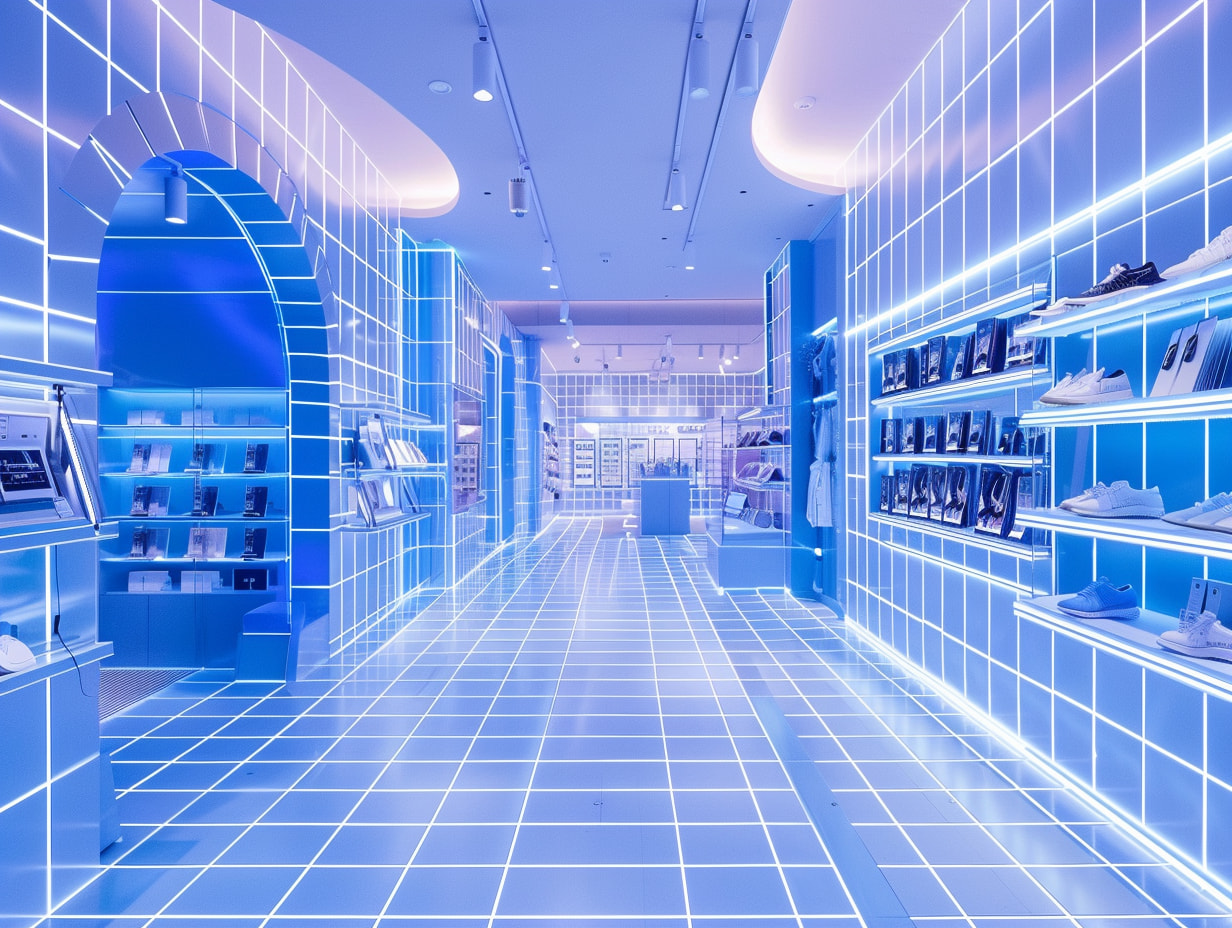Interest in the metaverse is rising across various industries like retail, content creation, gaming, real estate, and a lot more. According to expert market projections, the metaverse market volume is expected to reach up to $507.8 billion at an annual growth rate of 37.73% between 2024 and 2030.
Image from Statista
At the same time, the global blockchain market is expected to generate a volume of up to $94 billion by 2027. With that, we are reaching a point where the blockchain blockchain and the metaverse are fused together since they both complement each other well. For instance, cryptocurrencies and NFTs facilitate payments and asset ownership in the metaverse.
Over the last few years, the United States has been generating the highest market volume in metaverse virtual assets. However, these groundbreaking technologies are rapidly being adopted in other continents like Africa.
The Rise of the Metaverse in Africa
Africa is among the most rapidly growing crypto markets in the world, and stands at the forefront of this new revolution. As a matter of fact, blockchain adoption rate in Africa grew by over 1200% from 2021 to 2022, and new revolutionary projects are popping up.
Among these new blockchain projects, Africarare’s Ubuntuland is perhaps the most notable and unique. Africarare is committed to celebrating Africa’s rich heritage and creativity in an AI-integrated metaverse. To achieve this goal, the company is creating Ubuntuland, an African metaverse ripe with opportunities for retail, content creation, virtual assets, and more!
Integrating AI with Metaverse Retail Stores
Since the metaverse will house a wide variety of digital experiences, it’s hard to ignore retail and shopping. Popular companies like Louis Vuitton, Nike, and Walmart are already positioning their business in the metaverse, with many more to come in the near future.
There’s a huge opportunity for businesses to leverage the power of artificial intelligence, in order to improve the experience of shopping in the metaverse.
Recognizing this gap, Africarare is enhancing the overall shopping experience by integrating AI-agents in Ubuntuland retail stores. This move is set to revolutionize the way people engage with shopping in the metaverse.
Now, you may wonder how these AI-agents will work. Simply put, these AI agents are virtual salesmen in Ubuntuland’s retail stores, backed up by powerful machine learning algorithms. They can accurately simulate human intelligence and interact with shoppers, creating a truly immersive retail environment.
With the help of vast data, the AI agents will understand the preferences and needs of the customers. Based on this, they will engage in natural human-like conversations and provide tailored suggestions/recommendations to shoppers.
How Do AI-Agents Benefit Shoppers and Retailers in Ubuntuland?
- For shoppers, the experience becomes more engaging and immersive.
- Shoppers receive personalized assistance and recommendations in real-time.
- AI agents help navigate through virtual stores effortlessly.
- Products are showcased interactively by AI agents.
- AI agents answer questions and offer guidance on the spot.
- Retailers can optimize operations using AI insights.
- AI-powered agents drive sales by understanding customer preferences.
- Retailers can fine-tune product offerings based on AI-collected data.
- Customer satisfaction is improved through tailored experiences.
- Conversions increase with better product and service alignment.
- AI agents offer round-the-clock support without human resource limitations.
Conclusion
Technologies like blockchain and the metaverse are transforming the digital world. At the same time, AI can massively enhance virtual experiences in the metaverse. Africa’s blockchain market is rapidly growing and catching up with these trends.
Africarare’s Ubuntuland, an upcoming metaverse, is integrating AI-agents in retail stores to enhance shopping experiences. These agents will not only provide assistance to shoppers, but will also be useful for retailers in gathering insights on customer preferences, and other useful decision-making data. It appears that the future of the metaverse is bright, in Africa and beyond.





